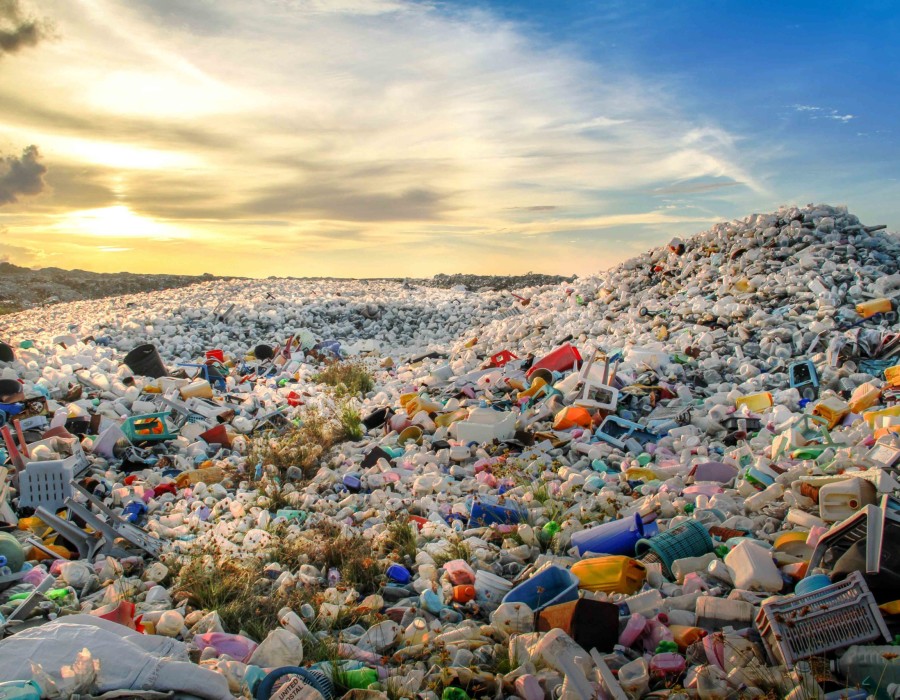Introduction
The Netherlands Waste Management Market has established itself as a global leader in waste management and circular economy practices, aiming for a zero-waste future by 2050. At the heart of this transformation is Remondis, one of the world’s largest waste management companies, which plays a crucial role in optimizing recycling, resource recovery, and sustainable waste solutions across the Netherlands.
With increasing environmental regulations, technological advancements, and circular economy initiatives, the Netherlands is pioneering innovative waste management strategies. This article explores Remondis' role in driving sustainable waste solutions, along with the emerging trends, innovations, and market developments shaping the industry.
Remondis: A Global Leader in Waste Management
About Remondis
Remondis is a German-based multinational waste management company with a strong presence in the Netherlands, Europe, and beyond. It provides municipal, industrial, and commercial waste collection and recycling services, specializing in:
· Smart waste logistics and resource-efficient waste collection.
· Advanced recycling technologies to maximize material recovery.
· Waste-to-energy (WTE) solutions to minimize landfill dependency.
· Industrial and hazardous waste treatment for sustainable business operations.
With a commitment to circular economy principles, Remondis actively partners with Dutch municipalities and industries to drive sustainable waste solutions and meet the Netherlands’
ambitious waste reduction targets.
Netherlands Waste Management Market: Strategies, Innovations, and Developments
1. Strategies Driving the Netherlands’ Waste Management Industry
The Netherlands is one of the most advanced countries in waste management and recycling, with national policies focusing on:
Circular Economy and Waste Reduction Goals
The Dutch government has set a goal of achieving a 100% circular economy by 2050, with key milestones including:
50% reduction in raw material consumption by 2030.
Elimination of landfill waste and incineration without energy recovery.
Promoting product life extension, reuse, and closed-loop recycling.
2. Emerging Innovations in the Netherlands Waste Management Market
To improve waste efficiency, recycling rates, and sustainability, the Netherlands is embracing cutting-edge technologies, including:
AI-Powered Waste Sorting and Robotics in Recycling
AI-based waste sorting systems identify and separate materials with high accuracy, reducing contamination in recycling streams.
Robotic sorting facilities improve efficiency in material recovery, handling up to 80 items per minute.
Automated waste tracking enables better reporting and compliance with circular economy goals.
3. Recent Developments in the Netherlands’ Waste Management Industry
With ongoing innovation and regulatory shifts, several key developments are shaping the market:
Expansion of Circular Economy Infrastructure – More material recovery facilities (MRFs) are being built to enhance recycling capabilities.
New Packaging Waste Regulations – Dutch businesses must now reduce single-use plastics and ensure more eco-friendly packaging solutions.
Ban on Incineration of Recyclable Waste – The Netherlands has imposed restrictions on burning recyclable materials, encouraging higher recycling rates.
Growth in Public-Private Partnerships (PPPs) – The government is working with companies like Remondis to scale up smart waste management solutions.
Conclusion
The Netherlands is setting an international benchmark in waste management and circular economy practices, with companies like Remondis leading the charge in AI-driven waste sorting, IoT-powered collection systems, chemical recycling, and carbon capture initiatives.
As waste management evolves, integrating smart technology, sustainable energy recovery, and closed-loop recycling models will be critical to achieving the Netherlands' zero-waste goals by 2050. With Remondis’ commitment to innovation and sustainability, the country’s waste sector is poised for a cleaner, greener, and more efficient future.





Comments